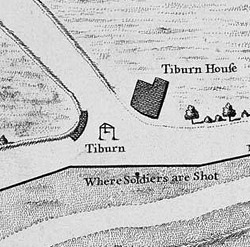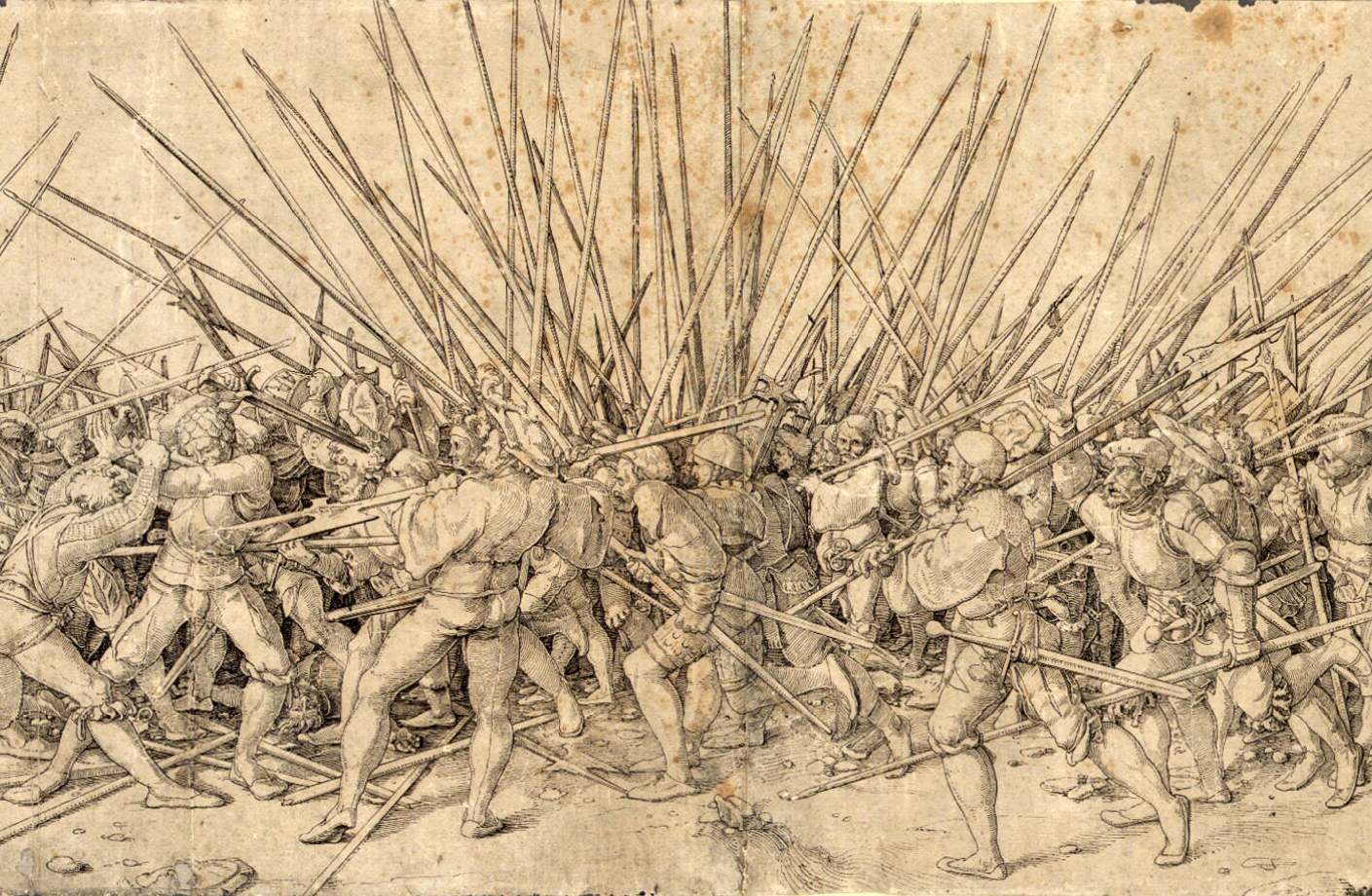|
Thomas Ashby (martyr)
Thomas Ashby was an English religious dissident who was executed at Tyburn on 29 March 1544. He was originally included in the process for canonising the List of Catholic martyrs of the English Reformation, English martyrs, as he had been executed for denying the king's supremacy. However this was later rejected as there was some doubt that he died as a Catholic. "And the xix. day of March [1544] was draune from the tower unto Tyborne . . . . . Ascheby, that was some tyme a prest and forsoke it, and there was hongyd and qwarterd and there byrryd." References Year of birth missing 1544 deaths People executed at Tyburn English martyrs {{UK-reli-bio-stub ... [...More Info...] [...Related Items...] OR: [Wikipedia] [Google] [Baidu] |
Tyburn
Tyburn was a manor (estate) in the county of Middlesex, one of two which were served by the parish of Marylebone. The parish, probably therefore also the manor, was bounded by Roman roads to the west (modern Edgware Road) and south (modern Oxford Street), the junction of these was the site of the famous Tyburn Gallows (known colloquially as the "Tyburn Tree"), now occupied by Marble Arch. For this reason, for many centuries, the name Tyburn was synonymous with capital punishment, it having been the principal place for execution of London criminals and convicted traitors, including many religious martyrs. It was also known as 'God's Tribunal', in the 18th century. Tyburn took its name from the Tyburn Brook, a tributary of the River Westbourne. The name Tyburn, from Teo Bourne, means 'boundary stream',Gover, J. E. B., Allen Mawer and F. M. Stenton ''The Place-Names of Middlesex''. Nottingham: English Place-Name Society, The, 1942: 6. but Tyburn Brook should not be confused wit ... [...More Info...] [...Related Items...] OR: [Wikipedia] [Google] [Baidu] |
List Of Catholic Martyrs Of The English Reformation
The Catholic martyrs of the English Reformation are men and women executed under treason legislation in the English Reformation, between 1534 and 1680, and recognised as martyrs by the Catholic Church. Though consequences of the English Reformation were felt in Ireland and Scotland as well, this article only covers those who died in the Kingdom of England. On 25 February 1570, Pope Pius V's "Regnans in Excelsis" bull excommunicated the English Queen Elizabeth I, and any who obeyed her. This papal bull also required all Catholics to rebel against the English Crown as a matter of faith. In response, in 1571 legislation was enacted making it treasonable to be under the authority of the Pope, including being a Jesuit, being Catholic or harbouring a Catholic priest. The standard penalty for all those convicted of treason at the time was execution by being hanged, drawn and quartered. In the reign of Pope Gregory XIII (1572–85), authorisation was given for 63 recognised marty ... [...More Info...] [...Related Items...] OR: [Wikipedia] [Google] [Baidu] |
Year Of Birth Missing
A year or annus is the orbital period of a planetary body, for example, the Earth, moving in its orbit around the Sun. Due to the Earth's axial tilt, the course of a year sees the passing of the seasons, marked by change in weather, the hours of daylight, and, consequently, vegetation and soil fertility. In temperate and subpolar regions around the planet, four seasons are generally recognized: spring, summer, autumn and winter. In tropical and subtropical regions, several geographical sectors do not present defined seasons; but in the seasonal tropics, the annual wet and dry seasons are recognized and tracked. A calendar year is an approximation of the number of days of the Earth's orbital period, as counted in a given calendar. The Gregorian calendar, or modern calendar, presents its calendar year to be either a common year of 365 days or a leap year of 366 days, as do the Julian calendars. For the Gregorian calendar, the average length of the calendar year (the mea ... [...More Info...] [...Related Items...] OR: [Wikipedia] [Google] [Baidu] |
1544 Deaths
__NOTOC__ Events January–June * January 13 – At Västerås, the estates of Sweden swear loyalty to King Gustav Vasa and to his heirs, ending the traditional electoral monarchy in Sweden. Gustav subsequently signs an alliance with the Kingdom of France. * February 20 – The Fourth Diet of Speyer is convened. * April 11 – Battle of Ceresole: French forces under the Comte d'Enghien defeat forces of the Holy Roman Empire, under the Marques Del Vasto, near Turin. * May – Charles V, Holy Roman Emperor, again invades eastern France. * May 3 – Edward Seymour, Earl of Hertford, with an English army, captures Leith and Edinburgh from the Kingdom of Scotland. * June 19–August 18 – Troops of the Holy Roman Empire besiege Saint-Dizier, in eastern France. July–December * July – Battle of the Shirts: The Clan Fraser of Lovat and Macdonalds of Clan Ranald fight over a disputed chiefship in Scotland; reportedly, five Fras ... [...More Info...] [...Related Items...] OR: [Wikipedia] [Google] [Baidu] |
People Executed At Tyburn
A person ( : people) is a being that has certain capacities or attributes such as reason, morality, consciousness or self-consciousness, and being a part of a culturally established form of social relations such as kinship, ownership of property, or legal responsibility. The defining features of personhood and, consequently, what makes a person count as a person, differ widely among cultures and contexts. In addition to the question of personhood, of what makes a being count as a person to begin with, there are further questions about personal identity and self: both about what makes any particular person that particular person instead of another, and about what makes a person at one time the same person as they were or will be at another time despite any intervening changes. The plural form "people" is often used to refer to an entire nation or ethnic group (as in "a people"), and this was the original meaning of the word; it subsequently acquired its use as a plural form of ... [...More Info...] [...Related Items...] OR: [Wikipedia] [Google] [Baidu] |




_1938.jpg)